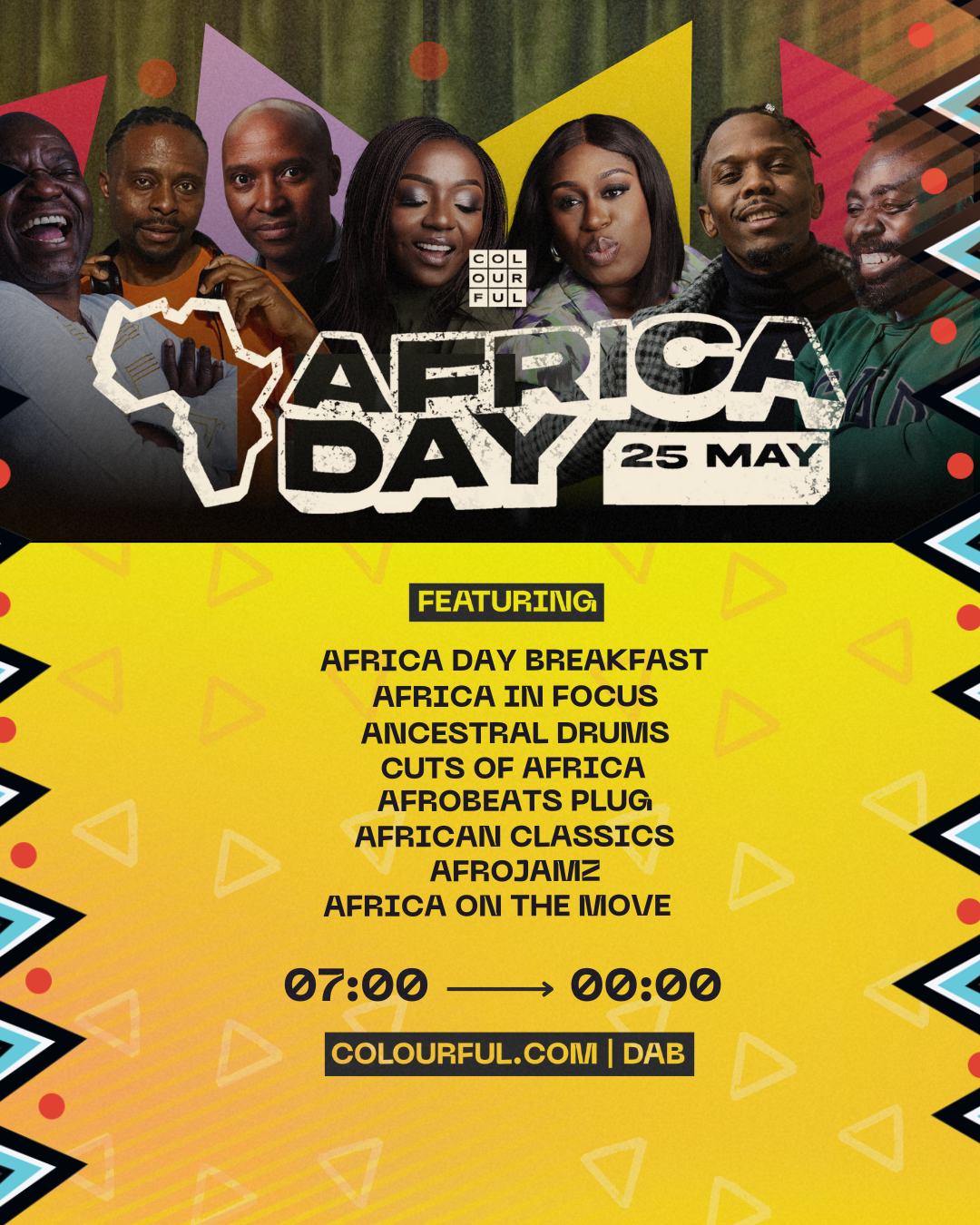Spotlight on Freddie McGregor
Today in Reggae Month, we celebrate Freddie McGregor - one of reggae's most durable and soulful singers.
McGregor was born in Clarendon, Jamaica on June 27, 1956. At age seven, he started singing backup for a local ska harmony duo called the Clarendonians. The Clarendonians recorded for producer Clement "Coxsone" Dodd's legendary Studio One label for a time, and when they split in the mid-'60s, McGregor teamed up with ex-member Ernest "Fitzroy" Wilson to form a new duo, Freddie and Fitzroy.
Freddie McGregor is one of reggae's most durable and soulful singers, with an incredibly steady career that started back in the '60s when he was just seven years old. Since then, he's spanned nearly every stylistic shift in Jamaican music, from ska and rocksteady to Rastafarian roots reggae to lovers rock to dabbling in dancehall, ragga, and dub.
McGregor's heyday was the early '80s; when he released high-quality albums like Big Ship and reached the peak of his popularity in Jamaica and England. He remained an active presence on the reggae scene for decades to come, producing for other artists, and sporadically sharing new music of his own with releases like 2013's Di Captain and 2016's True to My Roots.
In 1975, McGregor converted to Rastafarianism, which had a profound impact on his music. Still with Studio One and working with Earl "Chinna" Smith, he recorded the classics "Rastaman Camp" and "I Am a Rasta" right off the bat, and followed them with a string of singles that substantially raised his profile in Jamaica.
He issued his first album, Mr. McGregor, in 1977. Returning to Studio One, he offered his first LP for the label in 1980 with the classic Bobby Babylon, which featured a mixture of new material and reworkings of older singles. The album was a smash hit in Jamaica, establishing McGregor as a budding star, and revitalizing Coxsone Dodd's production career. Around the same time, he started producing and arranging for other artists, most notably on Judy Mowatt's solo debut Black Woman.
In 1981, McGregor scored a huge hit single with "Big Ship," which catapulted him to the front rank of reggae stars in the immediate post-Marley era, along with Dennis Brown and Gregory Isaacs. His next LP arrived in 1982, also titled Big Ship.
His 1984 follow-up Across the Border was a slightly poppier effort that contained his hit reggae cover of "Guantanamera." Continuing in this crossover vein, in hopes of surviving amid the dancehall revolution, McGregor released All in the Same Boat in 1986; it produced a major hit in "Push Come to Shove," which became his first U.K. chart entry, which made the U.K. Top Ten in 1987.
McGregor formed his label, Big Ship, in 1989. The first release was an all-covers LP called Jamaican Classics, which was so well-received that he quickly recorded a second volume. 1991's Now also featured several covers, and 1993's Legit was an equal-time collaboration with Dennis Brown and Cocoa Tea.1994's Push On provided much of the foundation for what many would call his finest outside production work.
After slowing his pace in the late '90s, McGregor returned in 2000 with the acclaimed Signature, which restored his typical balance of roots reggae and lovers rock with touches of dancehall he followed with the Grammy-nominated Anything for You. In 2005 he issued Comin' in Tough featuring guest appearances from Anthony B, Marcia Griffiths, and Morgan Heritage along with the hit single "Lock It Down."
Over the next few years, McGregor kept a regular and worldwide touring schedule, but his work in the studio would shift to mentoring his sons Stephen "Di Genius" and Chino, both of them producers. Stephen would work on his father's 2013 release, Di Captain, an album that featured "Standing Strong," a redo of his early hit "Bobby Babylon" with Gappy Ranks as a guest, and "Move Up Jamaica," an anthem celebrating 50 years of Jamaican independence.
In 2016, McGregor released the new album True to My Roots, a set of sleek and modernized takes on the roots reggae sound. McGregor was in his sixties as the 2020s dawned, but remained active with the release of tracks like the doo wop-flavored single "Let Them Talk," and collaborative tracks with Chaka Demus, the Mighty Diamonds, and Fragga Ranks.
More like this
17.06.24
20.05.24




